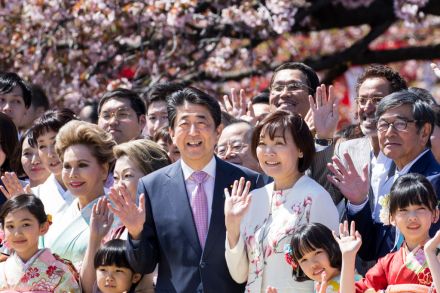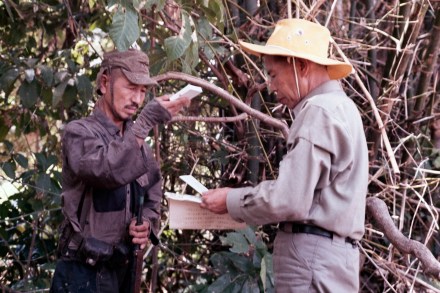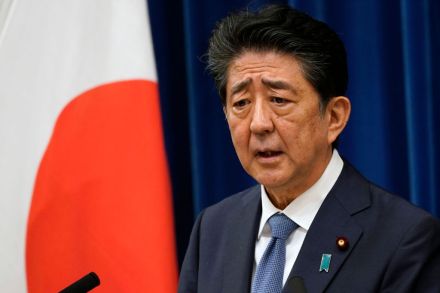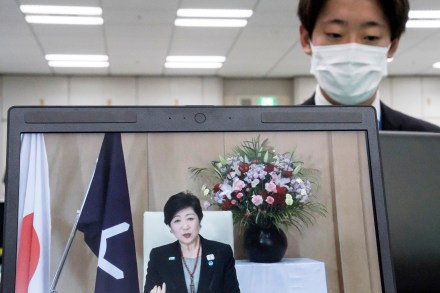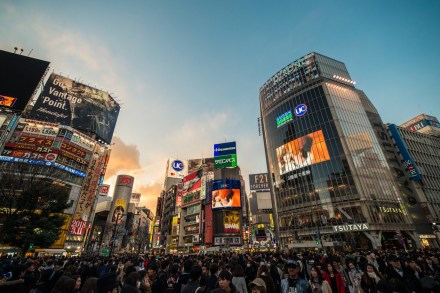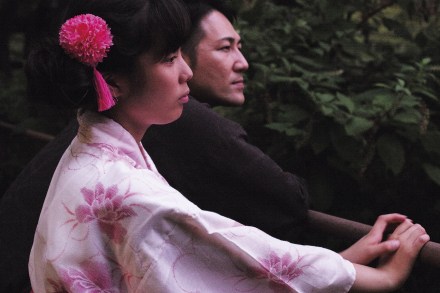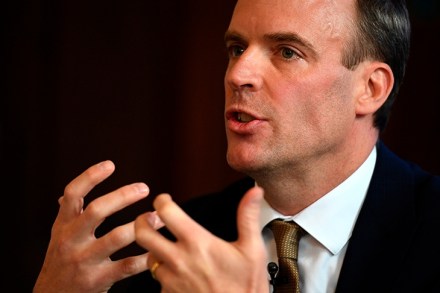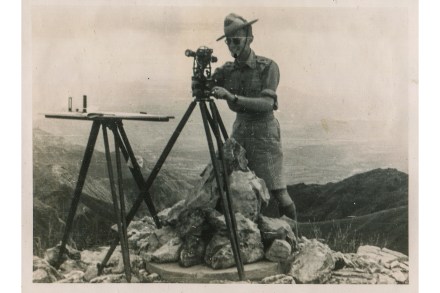These rediscovered drawings by Hokusai are extraordinary
Lost boys, lost women, lost civilisations, lost causes — the romantic ring of the word ‘lost’ is media gold. So when the British Museum announced last autumn that it had acquired 103 ‘lost’ drawings by Hokusai, one was tempted to take it with a large pinch of salt. How do 103 drawings by Japan’s most famous artist simply disappear? The answer is, surprisingly easily. Hokusai’s works have never commanded the sorts of prices a draughtsman of his calibre would be expected to fetch, not even in Japan. His art was designed to be affordable: in his day, you could buy a print of ‘The Great Wave’ for the price of




